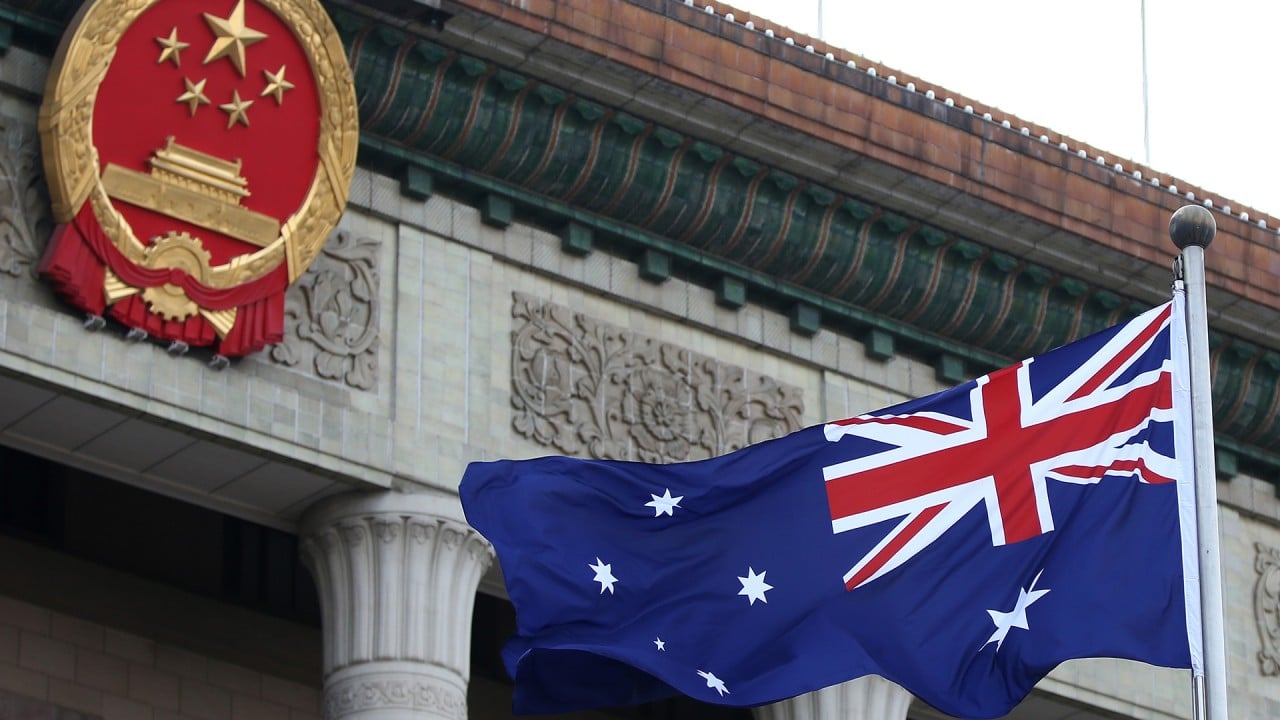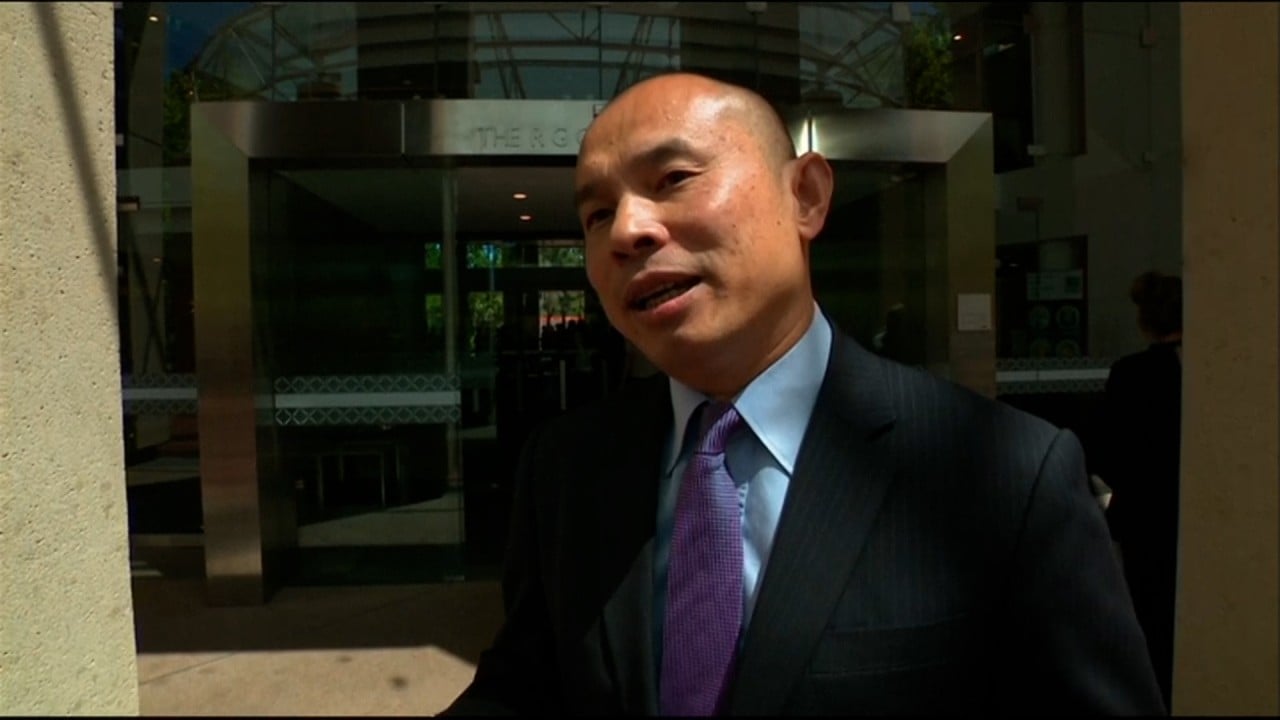
In Australia’s Twitter row with China, no surprise who the West sides with
- The dispute over Australian war crimes is just the latest in a long chain of disputes between Australia and China, and Canberra was probably upset that the boot is now on the other foot
- Australia’s allies have understandably taken its side. Such double standards in the West’s approach to China are nothing new
The findings were also reported by The Indian Express, Deutsche Welle and many other media outlets. Zhao’s tweet does not add much to the condemnation since the global press has already covered the report’s publication in great detail. But why was it only the Chinese criticism that triggered Australia’s outrage?

07:55
Australia ditched diplomacy for ‘adversarial approach’ to China and ‘a pat on the head’ from US
Second, Australia might also have felt wronged that, even though it took more accountability of its actions than others, it nevertheless appeared to have received more criticism. Prior to the publication of the Australia report, there were also claims of alleged war crimes committed by the US military in Afghanistan after the September 11 attacks, and by the British military in Iraq following the US-led invasion of the country.
These allegations prompted the International Criminal Court (ICC) to look into launching an investigation. However, both the US and Britain have so far avoided any formal investigation.
According to the complementarity principle that guides ICC operations, it may only exercise jurisdiction over international crimes when national legal systems are genuinely unable or unwilling to do so. In order to avoid prosecution by international courts, Australia has shown goodwill by initiating an investigation of its soldiers’ actions.
Yet despite these efforts, the Chinese foreign ministry’s spokesman used a particularly inflammatory image to excoriate Australia. This probably pushed the Morrison government over the edge.
After all, in the past, Australia had been the one to stand on the moral high ground to criticise China on alleged human rights violations. Now, however, it is Australian soldiers who stand accused of gross violations of humanitarian laws.

01:17
Senior Chinese diplomat says Australian prime minister overreacted to ‘war crimes’ tweet
Such teaming up cannot be fully explained by the fact that condemnation of Australia’s behaviour during the Afghan war is to some extent equivalent to condemnation of those other countries, since many were also involved in the Afghan operation as Nato allies.
Although it was Australian soldiers who committed the war crimes, high-ranking officials from other Nato countries could bear command responsibility for failing to fulfil their duties to prevent and punish these crimes. In this respect, they are like grasshoppers tied to the same string, to quote a Chinese idiom.
The collective action of the West in standing up to China also stems from the shared democratic traditions, culture and values of Western countries. Because of these shared values, they tend to be more tolerant of one another and more critical of China.
Such double standards have shaped the Western mindset towards China – an attitude of “I can, but you can’t”, as Chinese foreign ministry spokesperson Hua Chunying put it during one press briefing. This is not to say that China and the West have no common interests. In climate change and environmental protection, for example, it serves both sides to cooperate.
Want to be a Chinese diplomat? Program emulates ‘Wolf Warrior’ rhetoric
If China and the West could find more common ground on which to cooperate and if Chinese diplomats learned how to handle foreign relations in a more elegant way, the number of these diplomatic rows would soon decrease sharply.
Captain (retired) Tian Shichen, a senior research fellow, is vice-president of the Grandview Institution and director of the Centre for International Law of Military Operations in Beijing. He is also a China Forum Expert. Bao Huaying is a visiting fellow at the East Asia National Resource Centre, George Washington University. She is also chief of division for international exchange in the Office for International Exchange and Cooperation at Beijing Foreign Studies University


